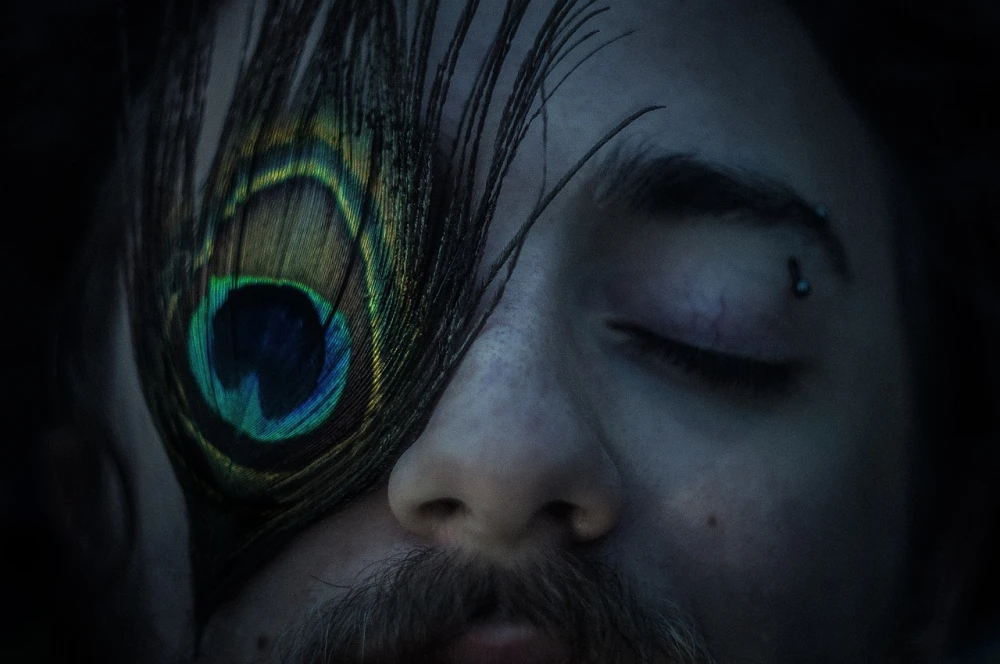September 16, 2025
Aesthetic Education: Missing in Action
In a recent discussion we had, my friend Igor used the term aesthetic education to refer to being exposed to a diverse set of artistic experiences in one’s formative years. I quickly realized that was a deceptively simple term, one containing vast universes of meaning.
More importantly, I realized aesthetic education is a concept both misunderstood and (as a result) absent in modern times, where everything is about quantification and measurement.
Aesthetic education – which I will define more precisely in a moment; likely it isn’t what you think it is – has been missing in action for a long, long time.

Definitions and Descriptions: What is Aesthetic Education
In the mid-90s, when it was clear the era of celebrated ignorance was upon us, Carl Sagan made a very pertinent remark:
According to Sagan, “science is more than a body of knowledge; it’s a way of thinking, a way of skeptically interrogating the universe”.
To have aesthetic education, as I define it here, refers not to possessing a body of aesthetic knowledge – knowing about Aristotelian structure, impressionism, or who Foucault was – but to skeptically (that is to say, beyond thought processes imposed by others, including one’s academic affiliations or even one’s own ideological constraints) interrogating artistic expression and the human experience – of which, after all, art is a translation.
In simpler terms: Aesthetic education means you not only know, but you know why it is important and how it can increase your understanding.
Aesthetic education means to have a deep, dialogic relationship with human experience (personally as well as collectively) and to understand how artistic expressions coexist not as something different from experience but as parts of experience.
Where Is such an Understanding Today?
To me, it seems the institutionalized aesthetic “education” offered today, even with the best of intentions, limits itself to being only a body of knowledge, whereas it should rather teach a way of interrogating meaning (and ultimately reality, at least on a metaphysical/abstract level).
Universities and the academia are not places of free thought and expression. Anyone who has as much as passed outside them should be able to see that. Ever since capitalism and all its mutations (technofeudalism being the latest, likely fatal one) came marching along our way, anything that does not promise quantifiable monetary value is rejected.
The reasons are multifaceted and complex, and perhaps a social psychologist can help us understand them better. From a literary perspective, I would argue that one critical element missing today is that people seem to have insurmountable difficulties with abstraction and ambiguity.
To put it bluntly, people are unable to hold conflicting views simultaneously; everything is black or white.
Aesthetic Education and the Inability to Be in Awe
Even otherwise intelligent people have utterly lost what Keats termed negative capability, “that is when a man is capable of being in uncertainties, Mysteries, doubts, without any irritable reaching after fact & reason”.
People have a natural, instinctive need to know and to have answers for every mystery (I mean, religions wouldn’t exist otherwise), and capitalism has exploited this to the fullest. Technofeudalism in particular relies on specificity; people have outsourced their most fundamental behavioral processes to algorithms. They don’t want to think what music to listen to, what film to watch, what to read. No, they need to ask the algorithm for suggestions.
People have neither time nor willingness for being bored, and that’s a greater problem than we realize.
How to Become Aesthetically Educated
Aesthetical education isn’t about having a degree. Some of the most unfathomably stupid, boring, and uncreative people I’ve ever met were academics.
Rather, to be aesthetically educated is, as I said before, to be in a dialogic relationship with your experience and your humanity.
In plain terms: Think, reflect, imagine – for their own sake, not because you need to for some measurable result; and freely, without ideological baggage from your family, schooling, society, group, your past selves.
Aesthetic Education Is the Sum of Your Experiencing
When I was a kid, before the internet and smartphones, I was often bored out of my wits. Precisely to combat this boredom, I was doing all sorts of crazy shit: I filled the tub with water and made paper boats, having battles by setting the boats on fire. Or, I took apart an old radio to see its innards. Or, I experimented with different shapes of paper planes, to see which one was the most aerodynamic.
It doesn’t take a genius to realize that all these silly little games were hugely important and creatively positive. Indeed, they were tiny fragments of my aesthetic education.
Stop infinite-scrolling mindless entertainment. Stop outsourcing every morsel of your thinking to code that conditions you to do so – as Varoufakis has put it, you train the algorithm to train you to train it better, so that it can feed you desires.
Instead, experience.
I don't show you ads, newsletter pop-ups, or buttons for disgusting social media; everything is offered for free. Wanna help support a human internet?
(If you'd like to see what exactly you're supporting, read my creative manifesto).
